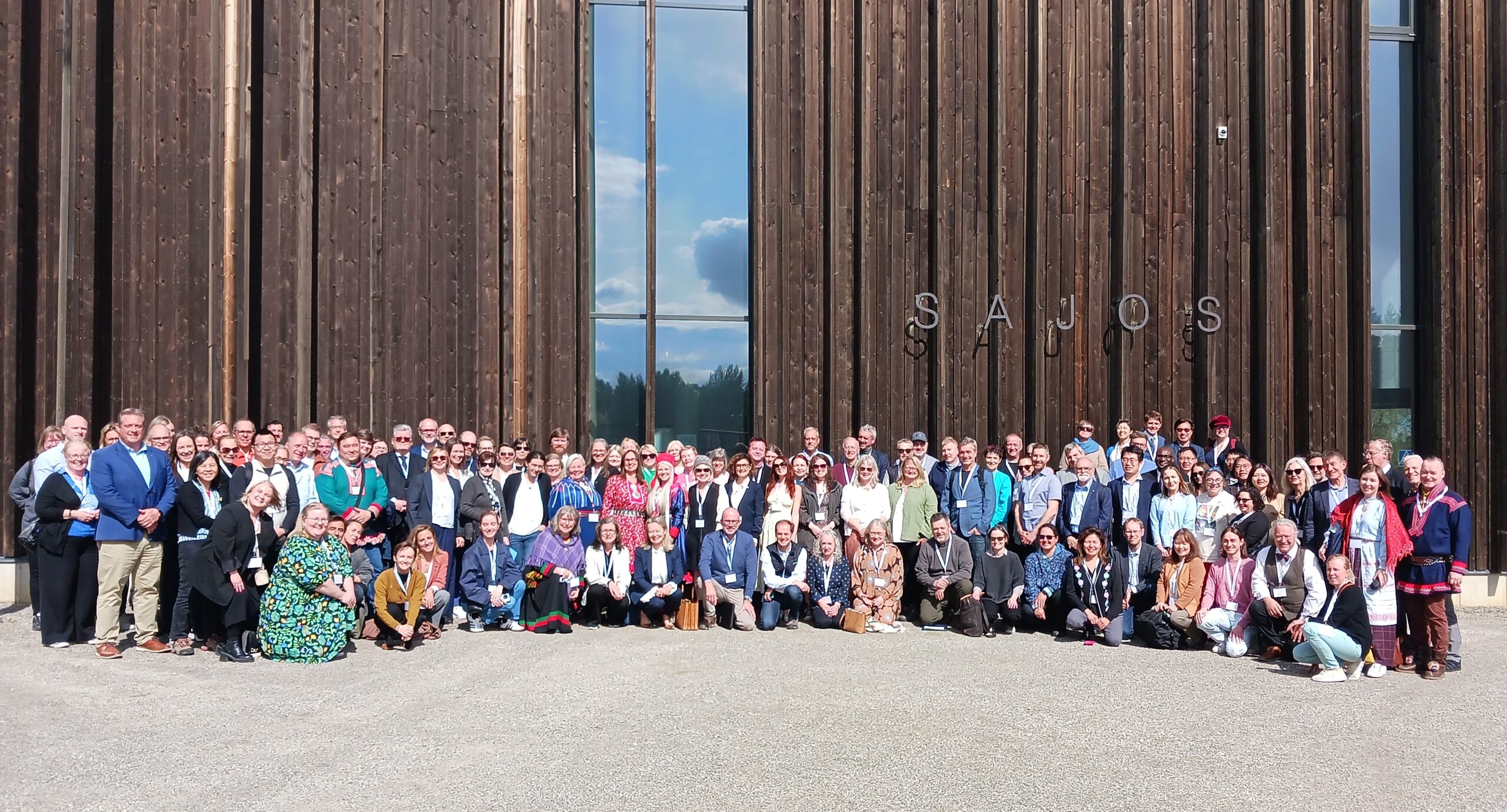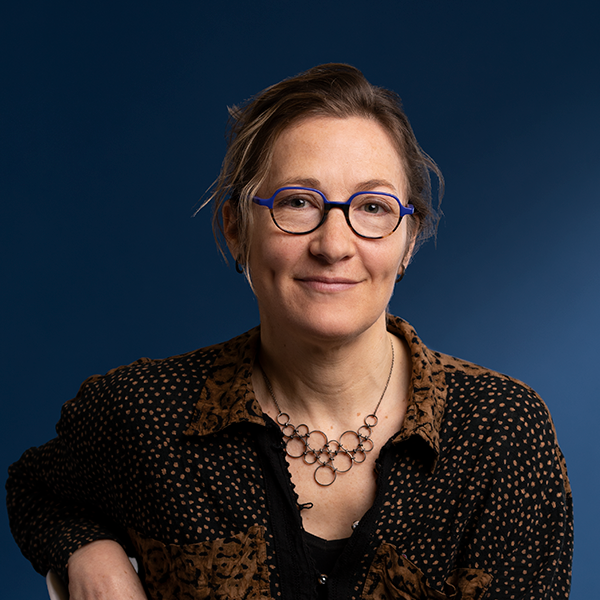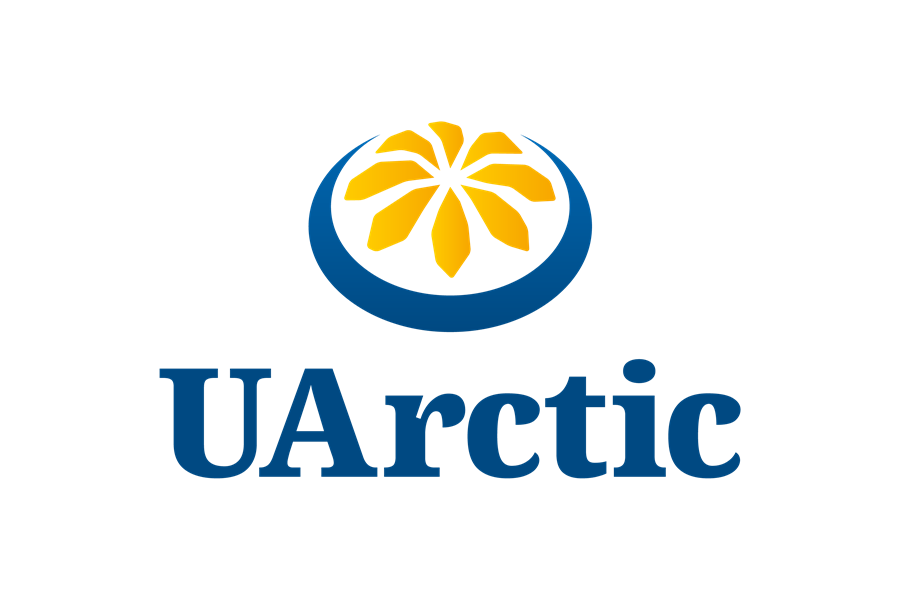- Research
A strategic alliance to advance northern research and highlight Indigenous knowledge

Members of UArctic gathered for the network’s annual assembly, in Sámi territory, in Finland. Photo: UArctic
Institut national de la recherche scientifique (INRS) is now an official member of the University of the Arctic (UArctic), an international network dedicated to research, education, and collaboration in northern regions.
Nearly 130 delegations from 13 countries gathered last month in Sámi territory, Finland, for UArctic’s annual assembly—a unique opportunity for dialogue, networking, and cooperation among the hundreds of members of this vast network.
This membership marks an important milestone for INRS and strengthens its commitment to addressing critical Arctic issues. INRS research teams from the Eau Terre Environnement Research Centre and the Urbanisation Culture Société Research Centre are already conducting fieldwork in this region, known for its rich sociohistorical heritage and unique ecosystems.
Why the Arctic?
Climate change is occurring there at twice the global rate, causing major disruptions to ecosystems and Indigenous communities. The thawing of permafrost releases significant amounts of carbon into aquatic ecosystems, increasing greenhouse gas emissions and disrupting essential ecological services. Issues related to drinking water, food security, and environmental health are particularly urgent in the region.

“The Arctic is an exceptional natural laboratory that is still too little explored. UArctic will enable us to strengthen our ties with Indigenous communities and recognize the value of their knowledge in understanding northern ecosystems.”
Isabelle Laurion, an aquatic ecology expert who has conducted research in the Arctic for over 30 years.
Opportunities for Local Collaboration
INRS’s membership in UArctic represents a major opportunity to boost mobility for its researchers—including emerging scholars—enabling them to participate in specialized workshops and access new funding sources. It also paves the way for meaningful collaboration with practitioners, regional stakeholders, and Indigenous researchers, whose knowledge is essential yet still too often overlooked.

This membership also offers a unique opportunity for learning and exchange within the academic community, as knowledge, practices, and stories from the North provide valuable insights and solutions tailored to contemporary challenges, both in the North and the South.

“The Arctic is a remarkable place for social innovation. I’m especially inspired by the strong commitment of young people and by their creativity, leadership, and ability to mobilize communities.”
Magalie Quintal-Marineau, specializing in critical and Indigenous geographies
Her research focuses on the Inuit economy, development approaches in the Arctic, and their impacts on identity and gender in both urban and rural Indigenous communities.
Exploring Blue Carbon Sinks

“Research on blue carbon—carbon associated with coastal ecosystems—has long focused on temperate and, to some extent, tropical regions. The Arctic, by contrast, has been largely overlooked, mainly due to its limited accessibility.”
Professor Anne Ola, an expert in coastal processes and carbon dynamics
Professor Ola believes that joining the network will allow INRS to fill this gap, particularly by drawing on Indigenous knowledge to locate and study key ecosystems such as salt marshes. Understanding their function and role in the carbon cycle is key to better anticipating global climate feedbacks.
By joining UArctic, INRS affirms its commitment to advancing knowledge and strengthening the resilience of northern environments, putting science to work for the land and the people who inhabit it.
